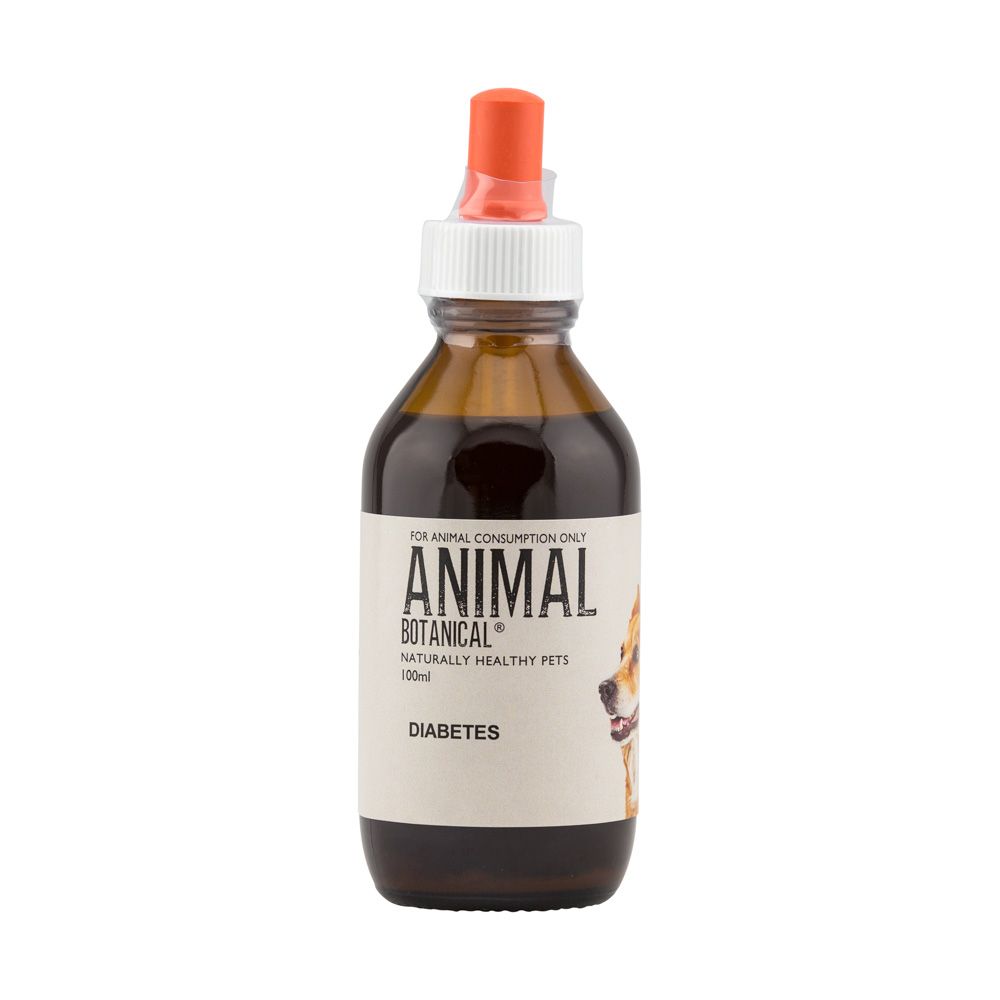We all know about the Pancreas because we know it is involved in Diabetes and that it is somehow responsible for managing blood sugar through producing a substance called insulin.
Diabetes Mellitus is a group of conditions in which there is a deficiency of the hormone insulin or an insensitivity to it. Insulin is produced in the islet cells of the pancreas and is normally responsible for controlling blood concentrations of the body's main fuel, glucose. In normal animals, insulin does this by preventing glucose production by the liver and ensuring that excess glucose derived from food which is not needed for energy is put into body stores.
In a diabetic animal there is insufficient insulin to switch off glucose production by the liver or to efficiently store excess glucose derived from energy giving foods. This means that the blood concentration of glucose rises and eventually exceeds a level beyond which the kidneys let glucose leak into the urine. This loss of glucose in urine takes water with it by a process called osmosis and causes larger volumes of urine to be produced than normal.
The excessive loss of water in urine is compensated for by thirstiness and increased water consumption. The principal clinical signs of an animal with diabetes mellitus are therefore excessive urination and excessive water consumption. In addition, diabetic animals tend to lose weight because they breakdown stores of fat and protein (muscle) to make glucose and ketones (an alternative fuel) in the liver. Other clinical signs diabetics may include: cataracts, increased appetite, exercise intolerance and recurrent infections. If the production of ketones by the liver is excessive a condition called ketoacidosis occurs which makes the animal very unwell.
The two common herbs supportive of the pancreas are oats and fennel. Oats as in rolled oats porridge, which used to be a human breakfast staple before the introduction of a myriad of less healthy, highly sugared and processed breakfast cereals. Fennel as in fennel seeds which can be eaten a pinch at a time as is common practice after meals right through Asia and the Middle East. Oats can be given to dogs with just a little hot water poured over it.
My herbal mix includes Chamomile, Oats, Elecampane, St.Mary’s Thistle, Bladderack, Rosehips, Fennel, Coleus, Ethanol, Spring Water, Dr Bach Flowers; Walnut, Scleranthus, Red Chestnut, Wild Rose, Centaury, Rescue Remedy.



